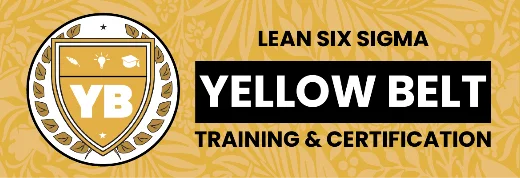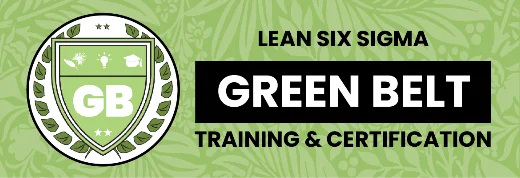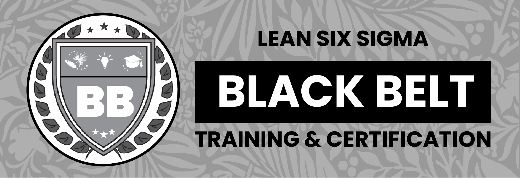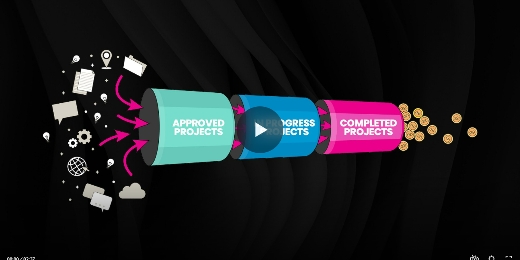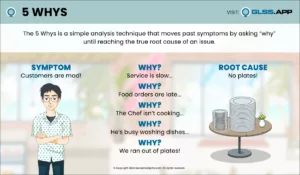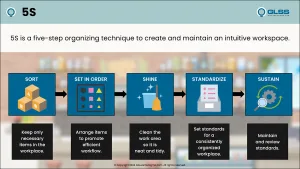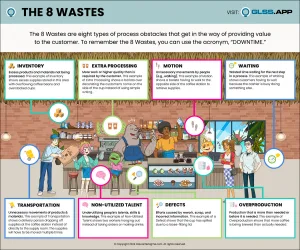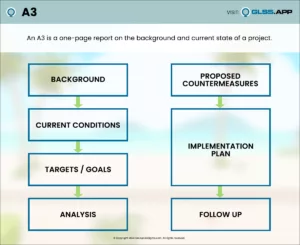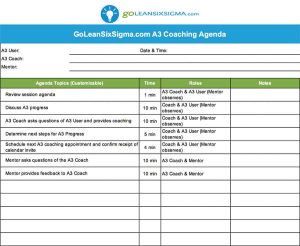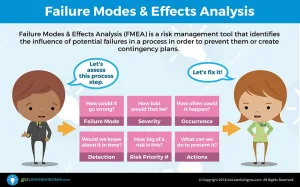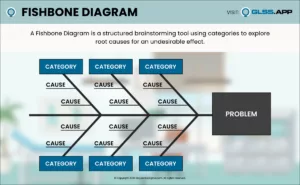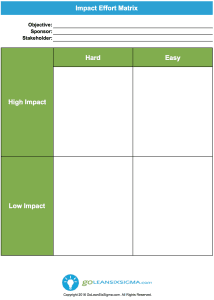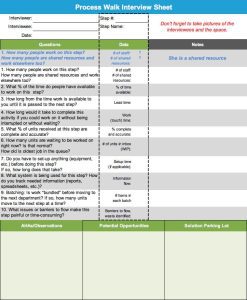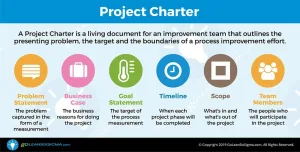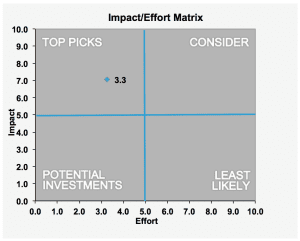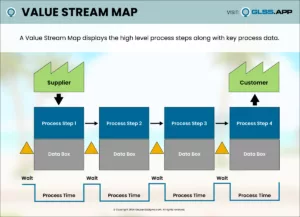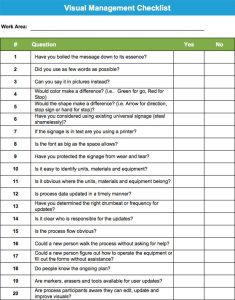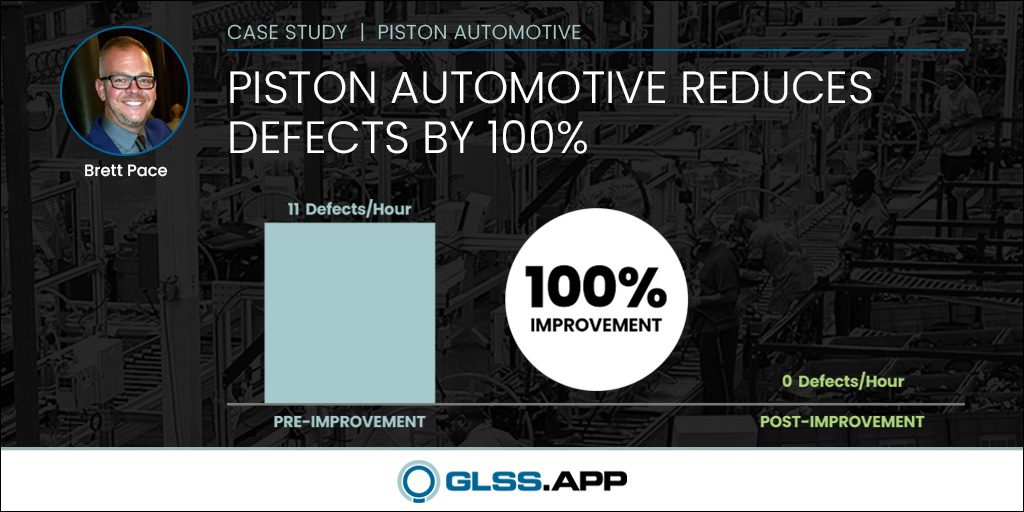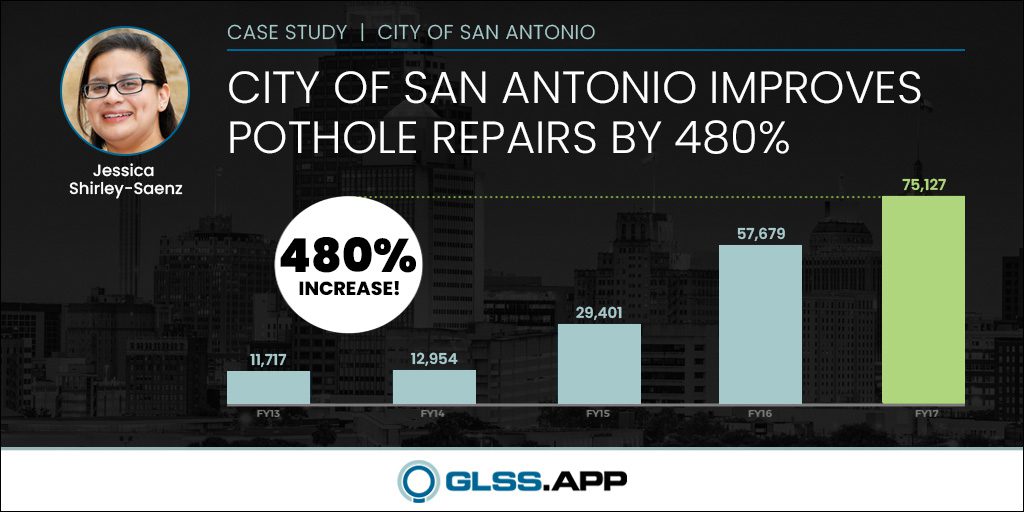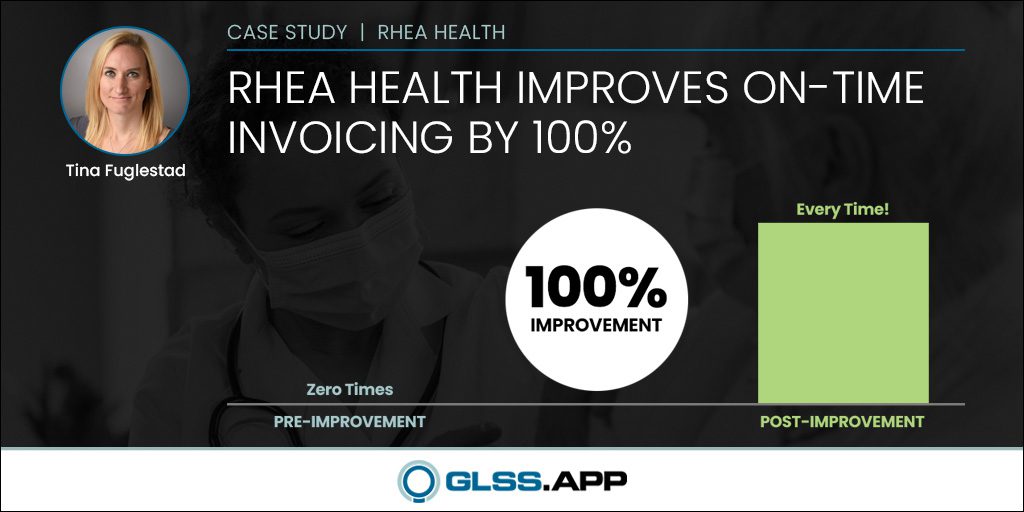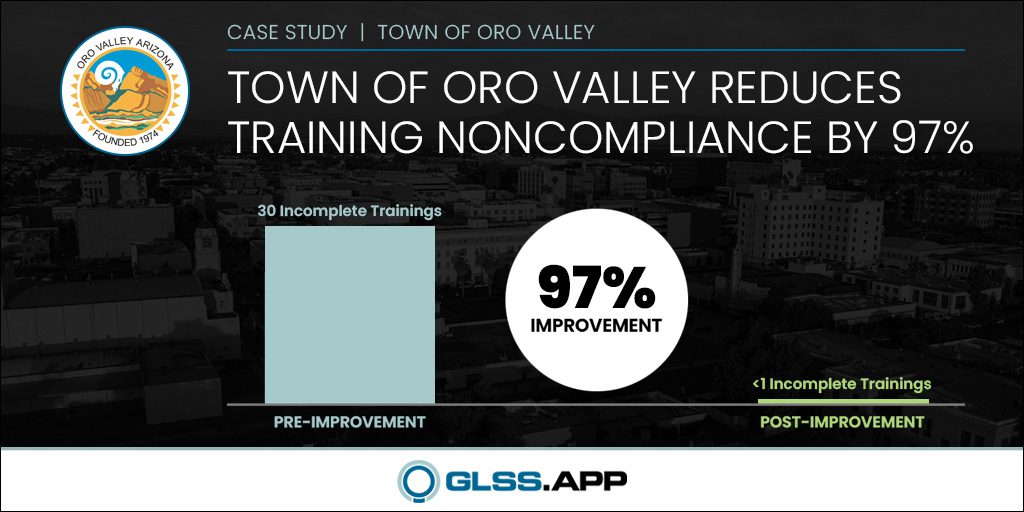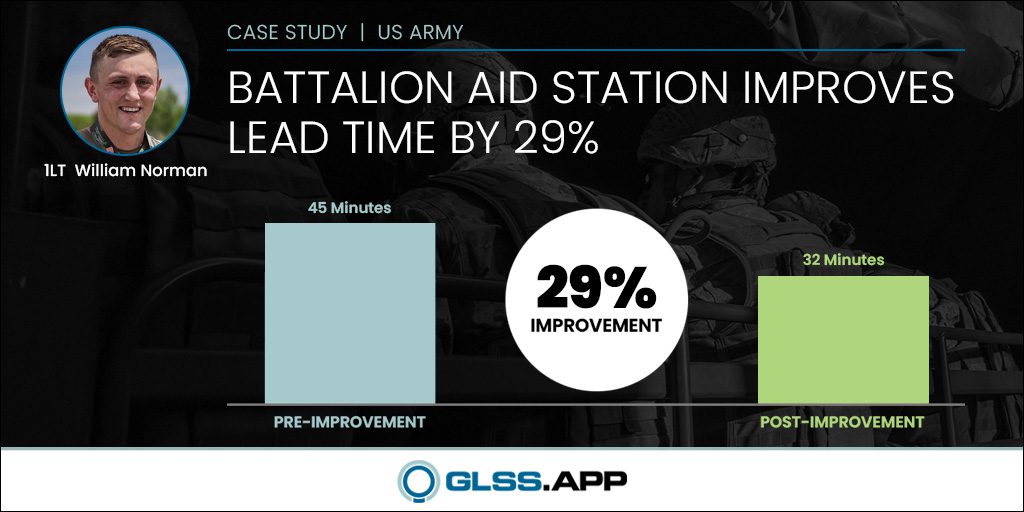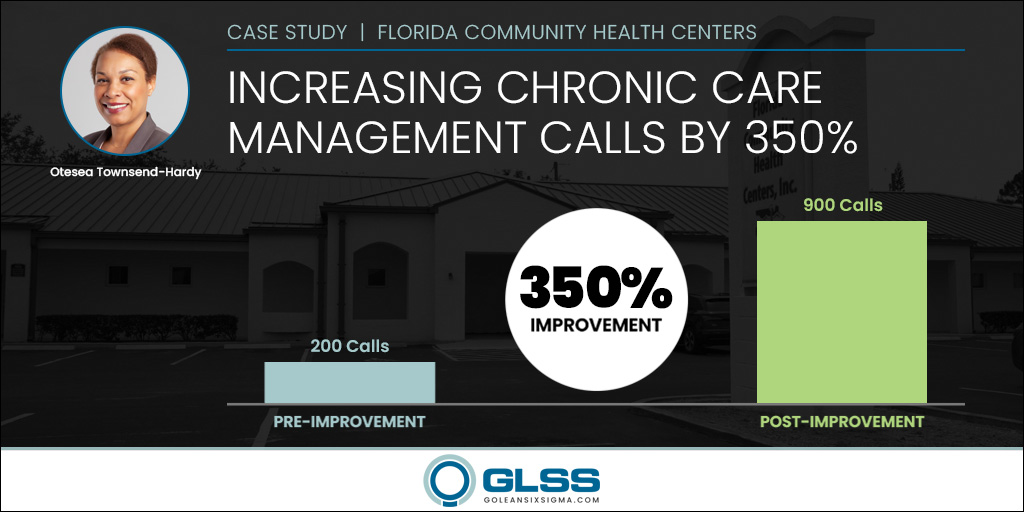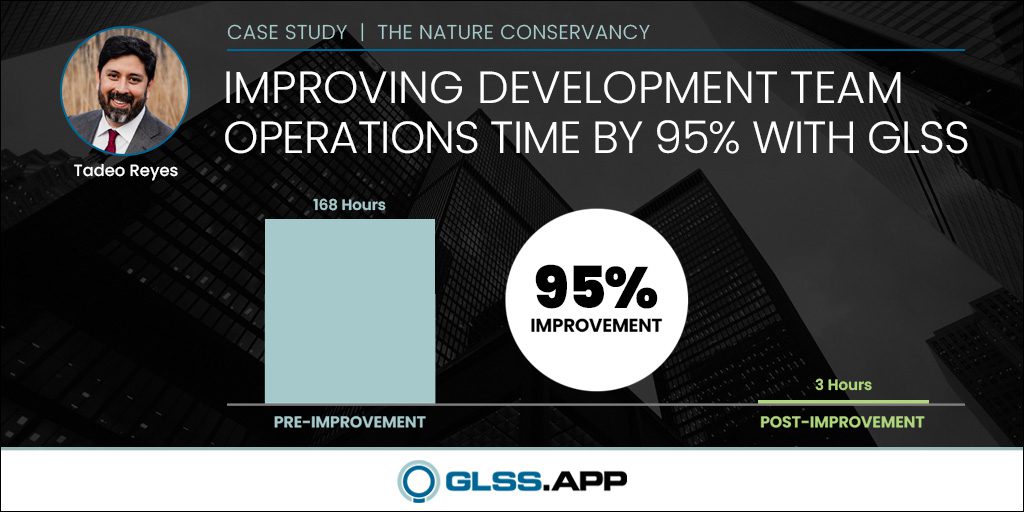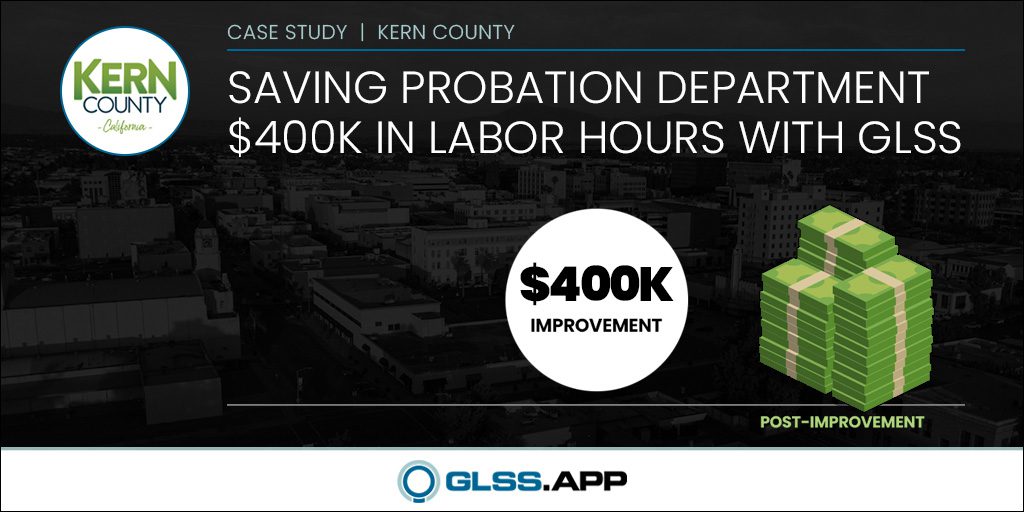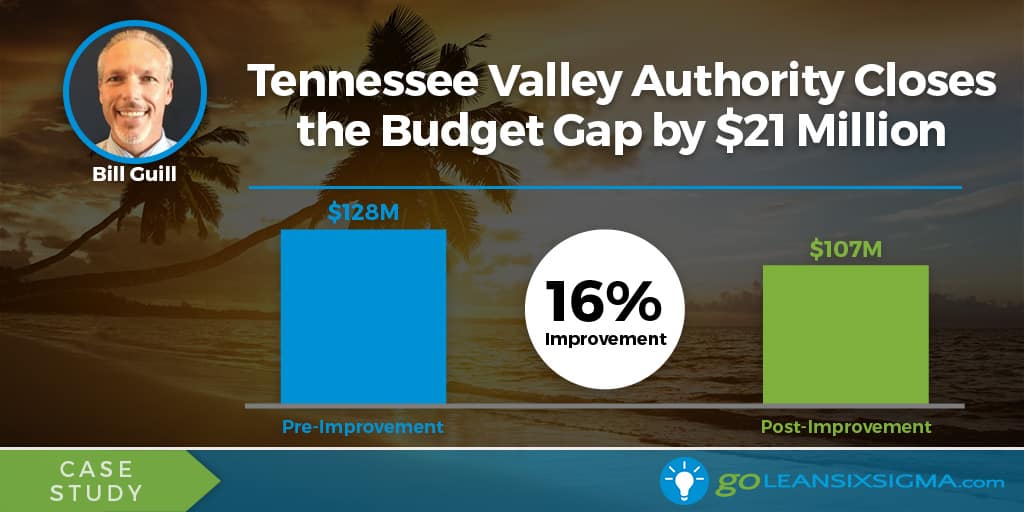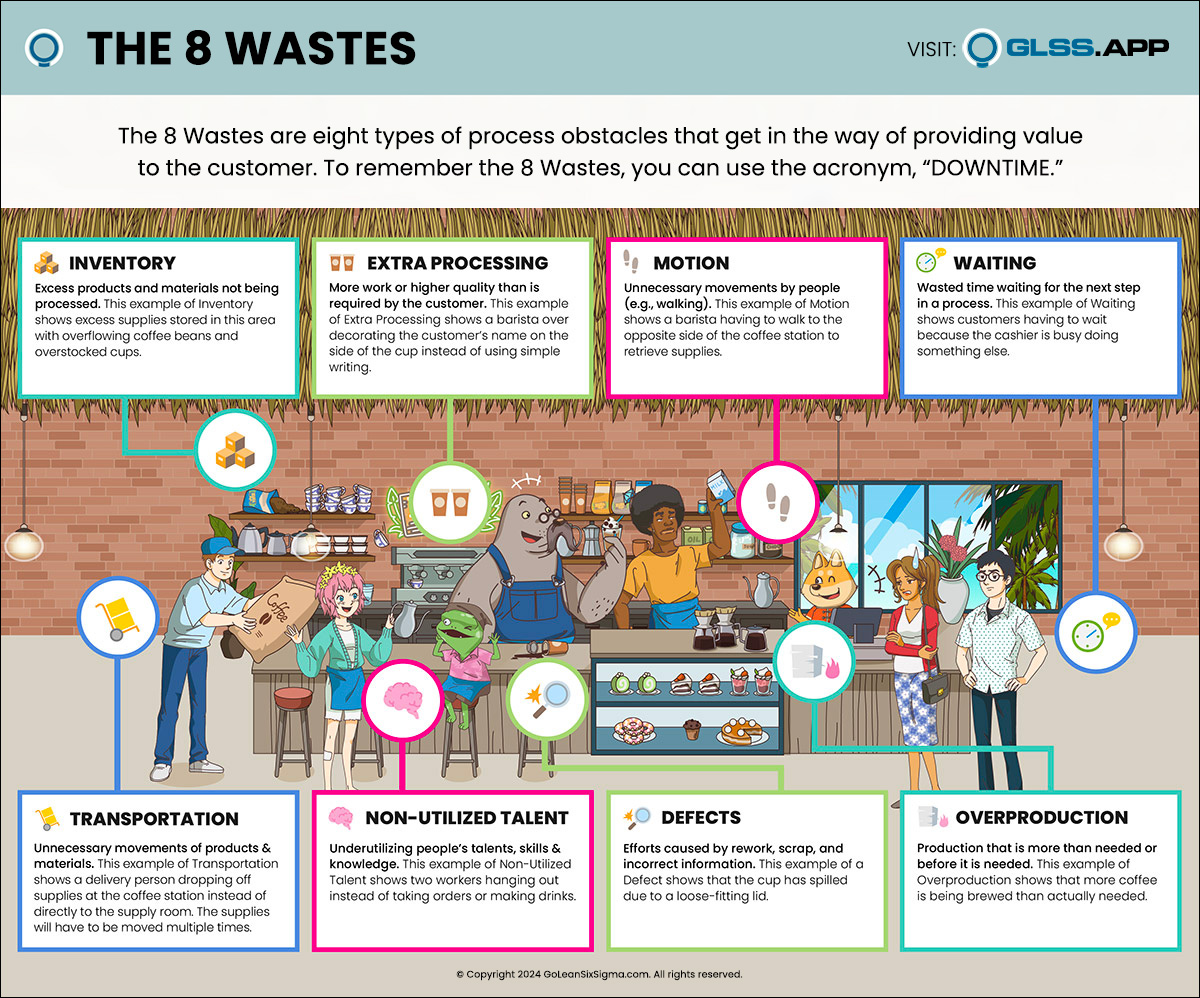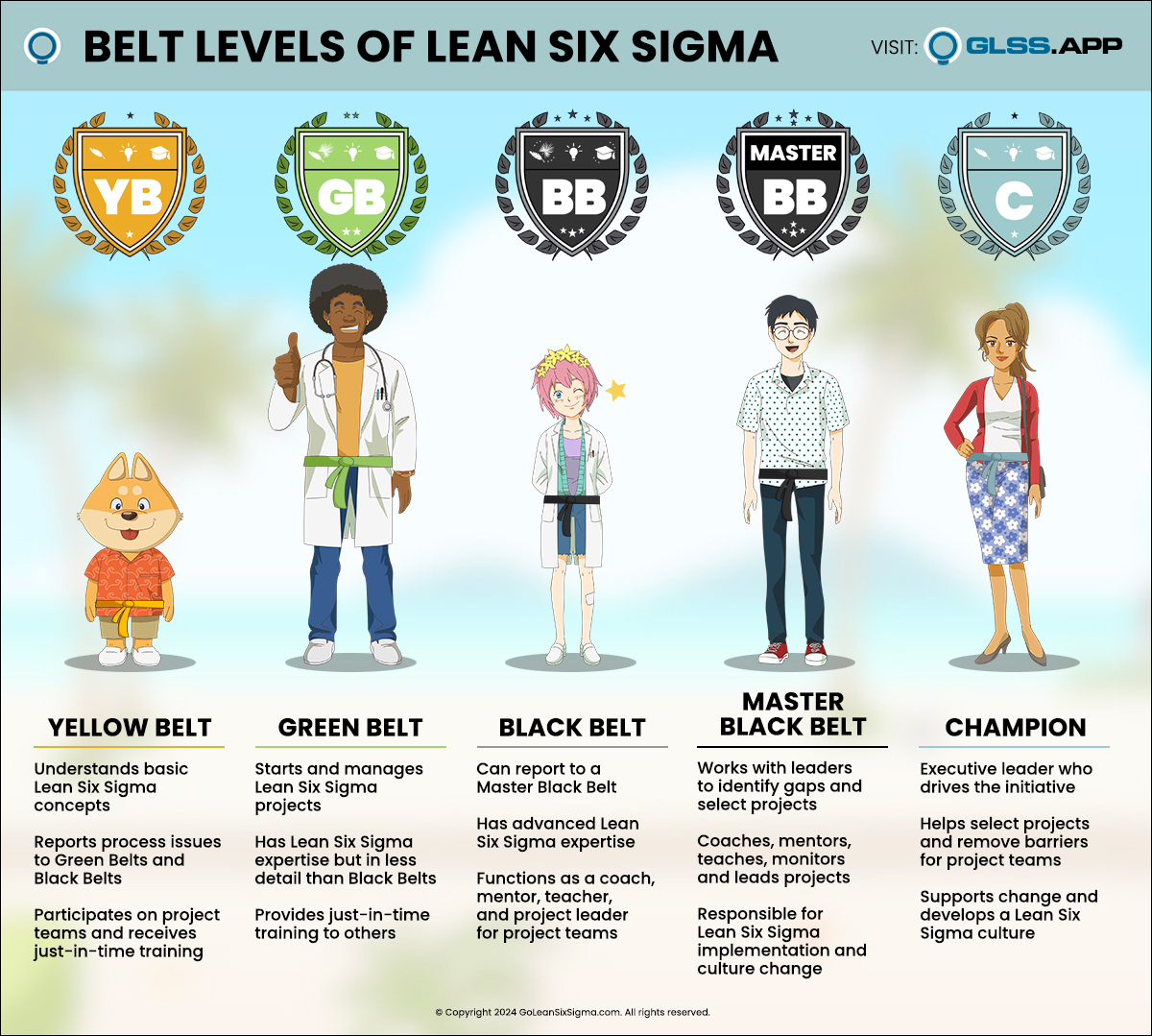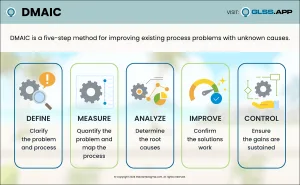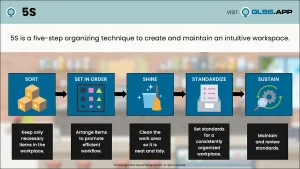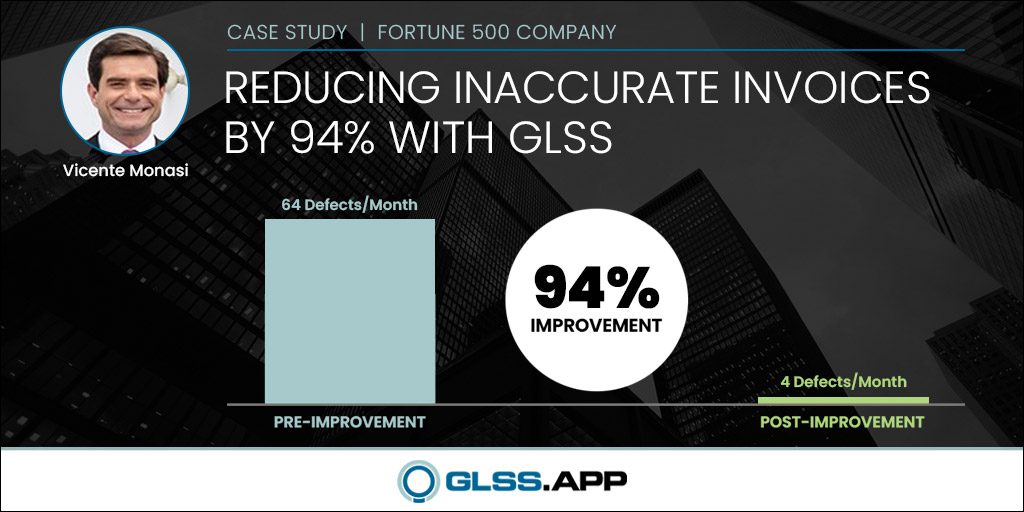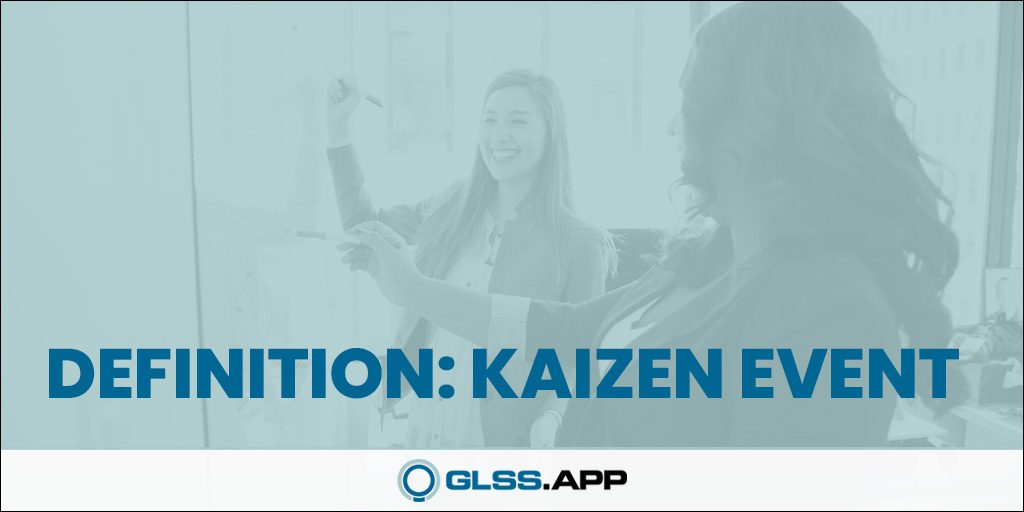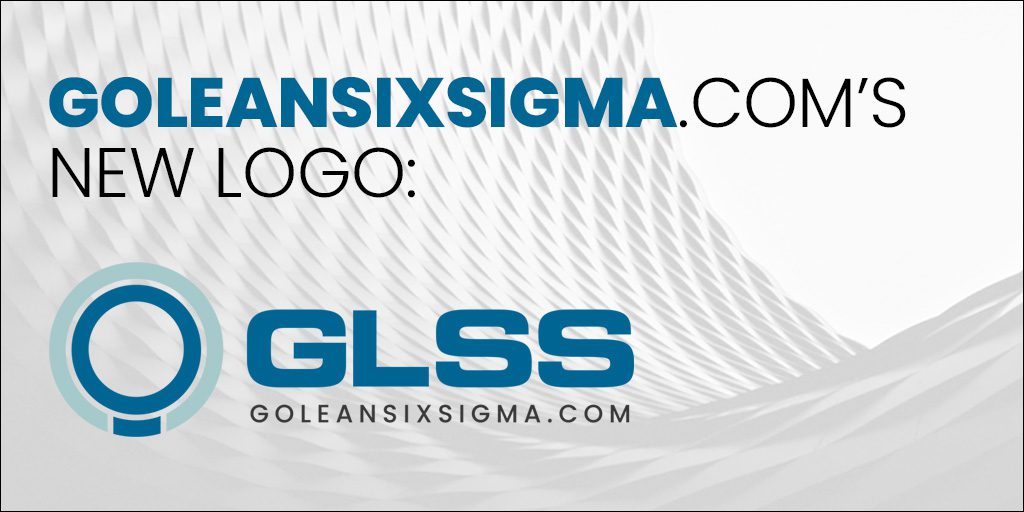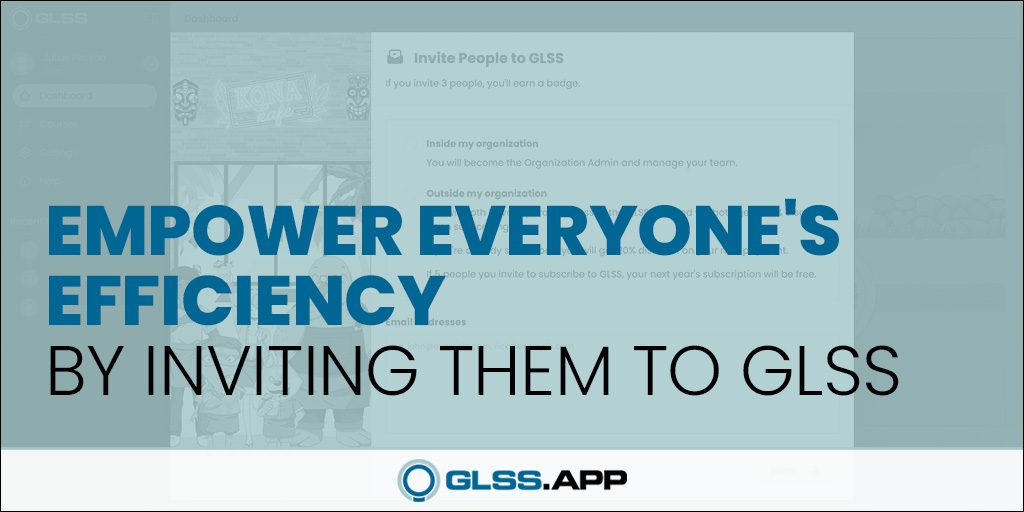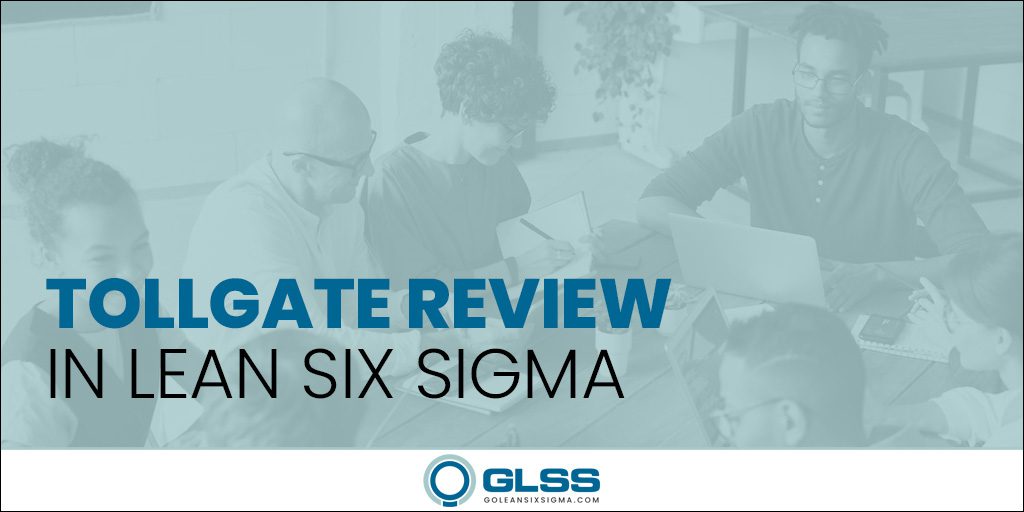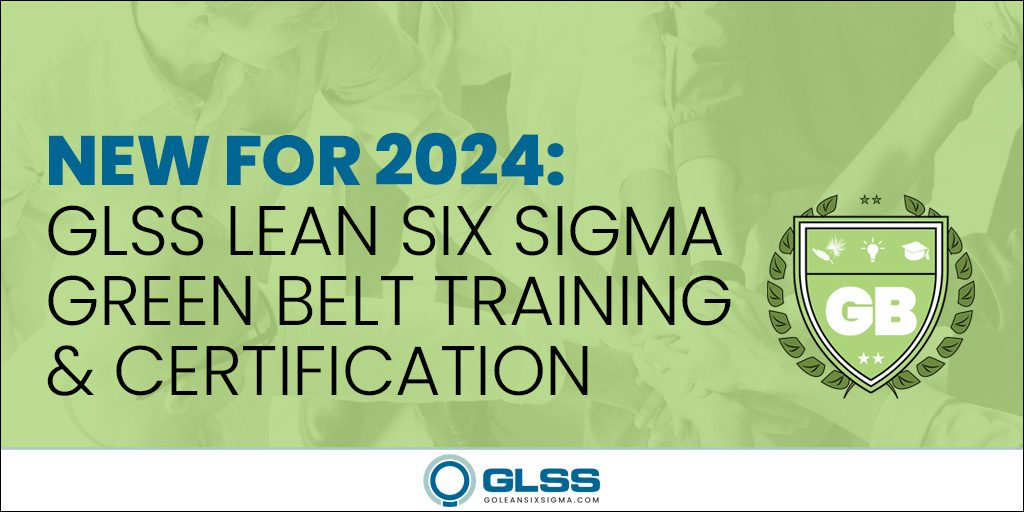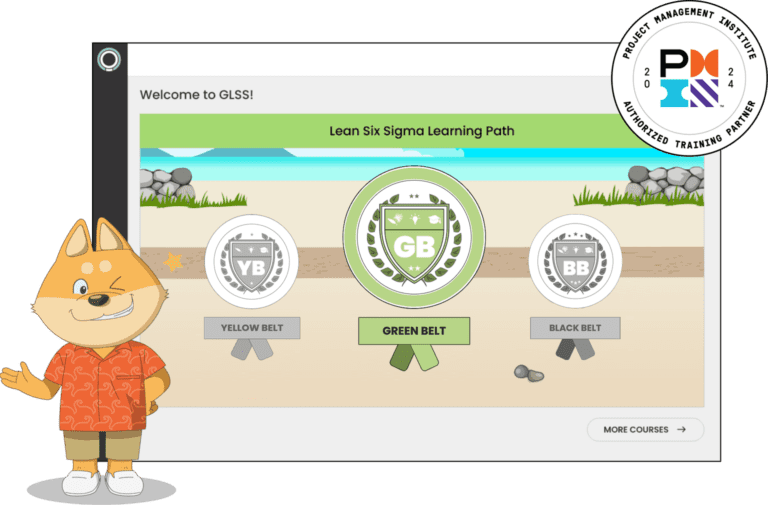
Are you in Manufacturing? Whether you’re just starting your Lean journey or you’re in the middle of improving a process, guidance from Experts can help make your efforts easier – and more successful! In this short interview, Lean Expert, Mike Osterling, shares key insights to being successful with Lean in Manufacturing.
Mike Osterling is a facilitator, coach, speaker and author and has more than 25 years of experience in a wide variety of industries. He is a co-founder of San Diego State University’s Lean Enterprise Certificate Program and co-authored the Shingo-prize winning book Value Stream Mapping: How to Visualize Work Flow and Align People for Organizational Transformation. He also co-wrote The Kaizen Event Planner: Achieving Rapid Improvement in Office, Service. As a consultant Mike is supporting Lean Transformations with companies in the US, Mexico, Europe and Asia.
What advice do you have for someone that is getting started with applying Lean in Manufacturing?
- Be a voracious student.
- Read as much as you can – not just about the “what” (is Lean) but the different issues that successful organizations have faced and how they responded to those challenges.
- Visit organizations that are working on Lean. And don’t just limit yourself to manufacturing companies – pay extra attention to how other industries have adapted Lean Thinking principles (and tools) to their unique environment.
- Start small, in an area you can influence. You will learn much more doing many small experiments than on one or two big projects (and you will learn much faster as well).
- Don’t dwell on perfection (focus on improving). Try to make today’s idea perfect before attempting to adopt will result in delays.
- Seriously engage the front lines. They know the process better than anyone (and make sure there is technical expertise available to help them along).
- Don’t just do it in manufacturing!!!! In most organizations, there is more opportunity for improvement available in the manufacturing support areas than within manufacturing itself.
What are some common mistakes you see people making when applying Lean in Manufacturing?
- Not going beyond the manufacturing area. Keep in mind that the value stream starts with the customer, or identification of the need for materials (not with the actual manufacturing processes). What are the pre-production processes that are yielding poor quality, have capacity constraints or have excessively long lead times. Are there issues with late receipt of orders from customer service, or quality of engineering documentation?
- Copying application of tools from other Lean practitioners (e.g “my buddy’s company is using kanbans – so we should too…”).
- Keep in mind that Lean is about effective problem solving – not just about one-piece flow. Make sure you are developing “thinking problem solvers”: Focusing on only manufacturing, ignoring the fact that it is not just about making the widget but also the need to change the way we manage and solve problems, the fact that supervisors & support people’s jobs need to change also.
Do you have any pet peeves related to Lean application in Manufacturing?
My pet peeve is the unfortunate connotations that go along with the label “Lean manufacturing.” Too many people connect the word “Lean” with layoffs and reductions in force (as opposed to leaning out our processes). And when non-manufacturing folks breath a sigh of relieve when they hear “manufacturing” assuming that means we don’t need to change anything over here – just in manufacturing.
Is there anyone that has significantly influenced you over the years?
It’s a long list – my mom & dad (persistence, constancy of purpose, compassion and discipline), my wife (research, nurturing, focusing on what matters), and my boss of 15 years – Ed Brekke (how to support when needed, empowerment and getting out of the way, and creating an incredibly positive culture in the workplace).
Why do you do what you do? (What motivates you?)
Seeing the “switch flip” as people really understand what the Lean “stuff” is. And coaching them (in a Socratic way) as they go through rounds of problem solving. It is so exciting to see people re-engage in the work they do, and see that there is hope. Of course for this to happen, the culture in the workplace must exist to support these new mindsets and behaviors.
What’s your favorite application of Lean Six Sigma in your personal life (away from work)?
My wife and I have two sons that are currently in college – I became a true student of Lean when they were one and three years old. As the boys grew up it was (and continues to be) fun, interesting and challenging to transition our parenting style from one of telling, to a more Socratic approach.

